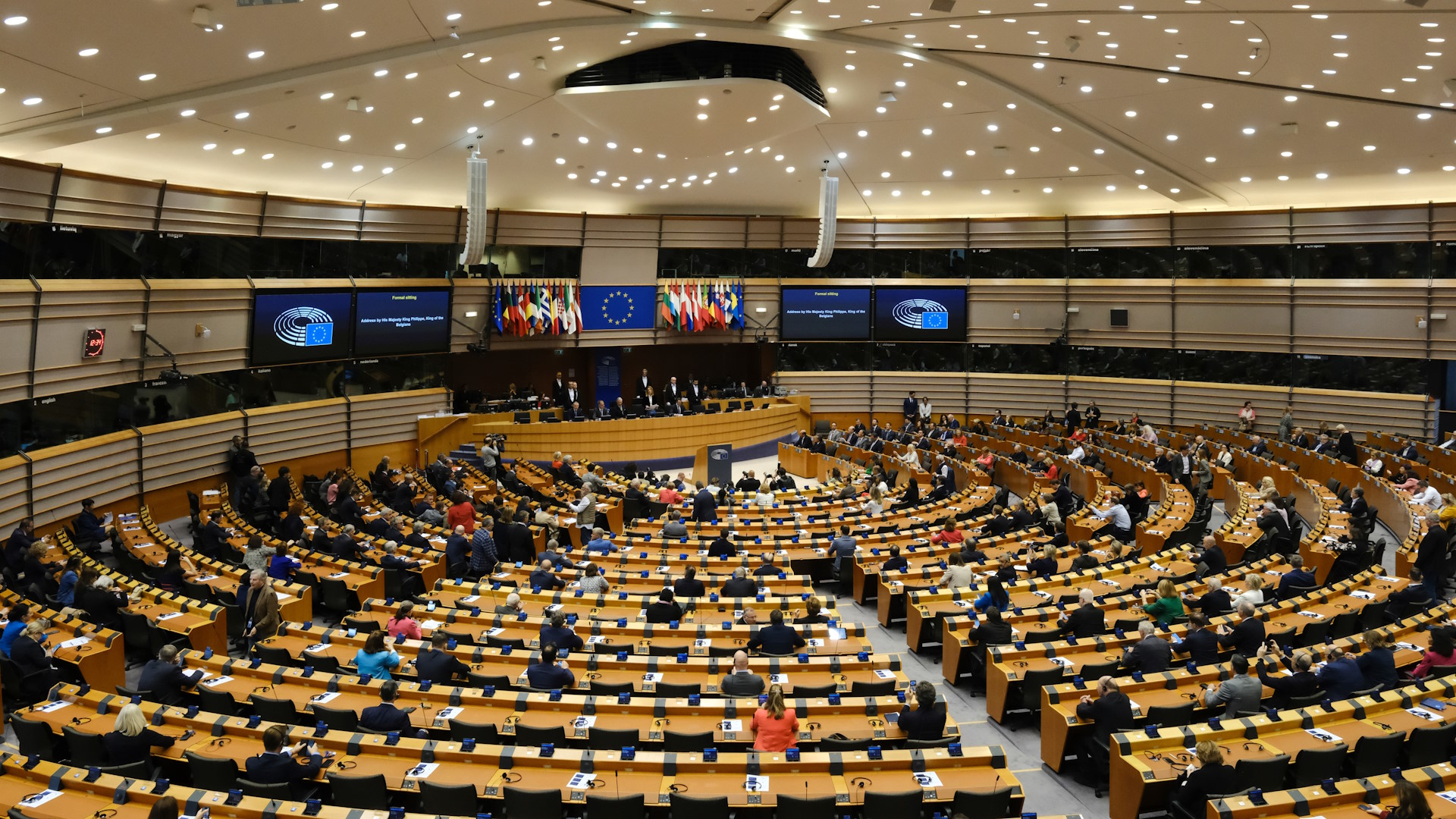The EU Parliament has approved the ViDA updates that were introduced in the latest package adopted by the ECOFIN (European Economic and Financial Affairs Council) on November 5. A key addition focused on ViDA pillar 2, targeting platform economies by requiring online platforms to collect VAT to promote fairness and combat tax fraud.
EU Modernizes its VAT System
The European VAT in the Digital Age (ViDA) initiative aims to combat tax evasion, improve VAT compliance across member states, reduce administrative overhead and adapt to new digital challenges. The package consists of three main pillars:
- Pillar 1 – Digital Reporting Requirements (DRR): Standardizing e-Invoicing and e-Reporting across EU countries.
- Pillar 2 – Platform Economy VAT Compliance: Facilitating VAT collection for online marketplaces and digital platforms.
- Pillar 3 – Single VAT Registration: Simplifying VAT registration within the EU to reduce bureaucracy.
ViDA Approved after Delays and Amendments
Over the past year, the ViDA initiative has experienced several delays due to disagreements in May and in June, in particular on the platform regulation pillar.
In November 2024, an agreement was finally reached on ViDA. The agreement includes several amendments and therefore required an additional vote by the European Parliament. The vote took place on February 12, 2025, and confirmed the final package with a strong majority.
The European Council’s formal ratification of the ViDA package is expected in March 2025 as the last step in the legislative process. This will make the directive legally binding and establish the timeline for implementation at the national level.
Upcoming e-Invoicing & e-Reporting changes under ViDA
In our previous article about ViDA, you can read about the main implications for e-invoicing & e-reporting across the EU, namely:
- Removal of Buyer Acceptance Requirement
- Potential New E-Invoicing Mandates
- Mandatory Cross-Border E-Invoicing & E-Reporting by 2030
- EN 16931 becomes the default by 2030
- Harmonization of all European e-Invoicing Systems by 2035
With these upcoming changes, you can rely on The Invoicing Hub to stay updated and provide valuable resources to help you navigate the anticipated transitions.




